LATIKA M BOURKE: Andrew Hastie on Liberal leadership, election ‘turning point’, Dutton’s Ukraine overruling
LATIKA M BOURKE: Andrew Hastie says he wants to lead the Liberal Party in the long term and urged the party to have an intellectual debate about what it stands for after the 2025 wipeout.
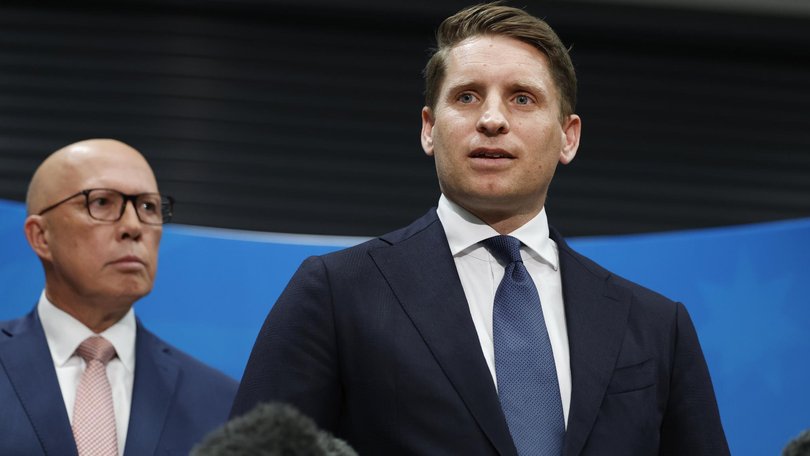
Andrew Hastie says he wants to lead the Liberal Party in the long term and urged the party to have an intellectual debate about what it stands for, following the party’s devastating wipeout under former leader Peter Dutton.
The Member for Canning — the only WA Liberal to raise his primary vote at the election — said Mr Dutton made constant captain’s calls, including on defence spending and Ukraine and failed to set out a vision that, in turn, disempowered his frontbench team.
The former Shadow Defence Minister and now Opposition spokesman for Home Affairs revealed he supported the Coalition supporting an Australian role in any Coalition of the Willing deployed to Ukraine, which Mr Dutton unilaterally said the Liberals and Nationals opposed.
Sign up to The Nightly's newsletters.
Get the first look at the digital newspaper, curated daily stories and breaking headlines delivered to your inbox.
By continuing you agree to our Terms and Privacy Policy.And he said he remains in the dark about why the former leader delayed announcing the Coalition’s planned increase in defence spending until the dying weeks of the election campaign.
Mr Hastie, widely seen as a potential Liberal prime minister, did not contest the leadership when it became vacant after Mr Dutton lost his seat of Dickson in the May 3 bloodbath.
In his most wide-ranging and frank interview on the Coalition’s election disaster and the way forward for the Liberals, he told the Latika Takes podcast that it was not the right time to put his hand up for the top job.
“It’s no secret that I would like to lead one day, but politics is all about timing,” he said in the 40-minute interview.
“Before the election, I’d already made the decision that I wouldn’t put my hand up to lead if we lost the election.
“There are a number of reasons why; I’ve got a very young family, I’ve got a 9-year-old, a 7-year-old, and a 3-year-old, and I’ll never get those years back with my children.
“And I want to be the best father I can be.”
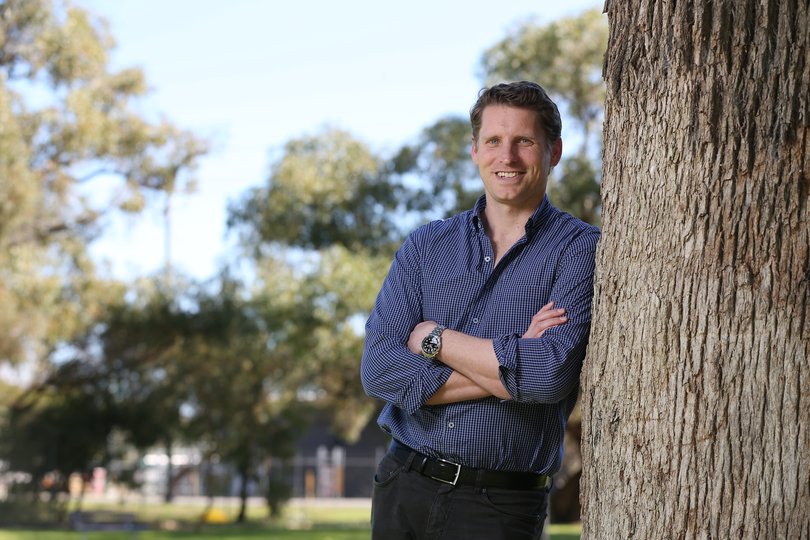
He said the travel between his outer suburban Perth electorate of Canning meant that his sitting week flights were longer than the time it takes to get from London to Moscow.
“That’s one way … and I do that routinely, so there’s a lot of time sacrificed, in travel and I just made the call with my wife, that it was better to focus on the long term rather than put my hand up, now — it’s as simple as that.”
“As I’ve said to people over the last few weeks – ‘do I have an ambition to lead?’ Yes, I do.
“I’ll know when the timing is right, but for now we have Susan Ley …. and I’m keen to support her and put us in the best possible position to win the election in 2028.”
Dutton failed to have a vision
Mr Hastie said the main reason for the Coalition’s defeat was Mr Dutton’s failure to set out a vision that would capture voters.
”We’re all responsible for the vision but the leader does set the tone,” he said.
“And the beautiful thing about having a powerful vision is you can decentralise if everyone knows what the vision is, it empowers people in their respective portfolios to get on with policy work, working towards that vision.
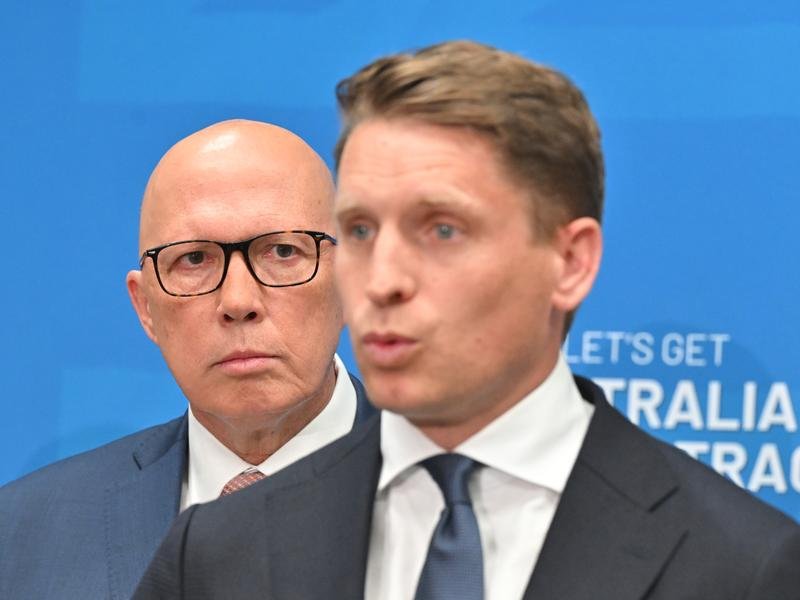
“And so I think what we really lacked was a vision, and we didn’t spend enough time thinking about that over the last three years.
He said while the leadership team shared responsibility, ultimately successful leaders like Robert Menzies, John Howard and Kevin Rudd had all set out visions.
“That’s the leader’s task, all good leaders have a way of redefining politics, I think that’s one of the tasks of a leader.”
‘Dangerous and toxic’: Work from home ban a ‘turning point’
Asked if there was a moment when he knew the Coalition had lost, Mr Hastie said the work-from-home ban, which the opposition had to dump in the first weeks of the campaign, was a “turning point”.
“It’s something that you do in government and it was quickly conflated with people across the country in the private sector working from home and that was why it was so dangerous and toxic,” he said.
He said if the policy had ever gone through, it would have been done in government via a departmental secretary in Canberra versus any government edict.
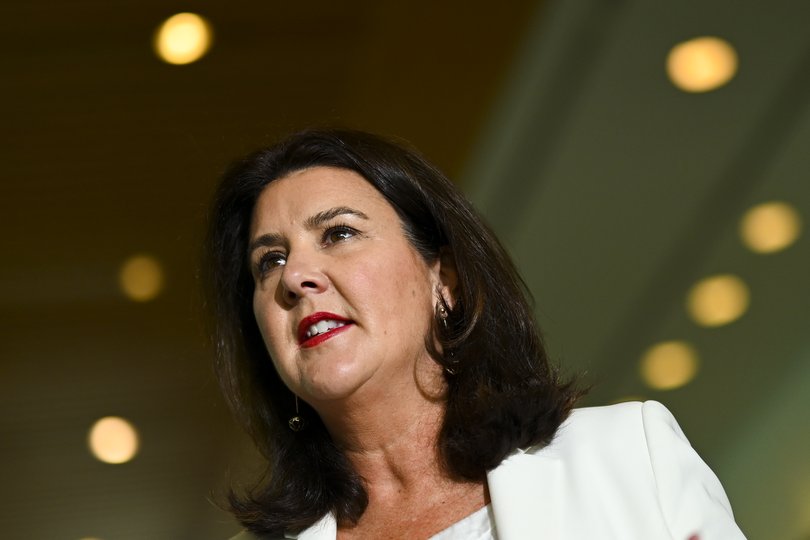
“So it just underscores the risk of announcing policy that really is not of consequence for an election,” he said.
He said it never went to shadow cabinet but was “just announced” by Jane Hume, the former campaign and finance spokeswoman who was demoted to the backbench by the new leader, Sussan Ley.
“People were frustrated on our side, not just your obvious opponents,” he said.
“And we started getting a lot of feedback that we were directionless, people were worried about whether or not we could win the campaign.
“And then things just accumulate once there’s a bit of momentum for the other side, it’s really hard to arrest.
“And I’d say that was probably a turning point for us.”
But he added that while the Coalition had performed well in the polls until the election, it was wrong to think that had been an endorsement of the opposition.
“We were doing well in the polls, but I think that was an expression of people’s discontentment with the cost of living, with a range of issues,” he said.
“But that wasn’t necessarily an affirmation of us as a future government.
‘We got it wrong’ on Ukraine, defence
Mr Hastie, who served as Mr Dutton’s assistant minister for Defence between 2020 and 2022 said he supported leaving open the possibility of the opposition supporting Australian specialist troops being deployed to Ukraine and said so publicly at a conference in Adelaide on March 6.
At the time, Mr Hastie said he was not ruling it in or out but said that the government of the day should consider any request.
“I just don’t think we should rush to commit young Australians to a conflict without a request,” he said at the time.
“Peter and I are very closely aligned on this.”
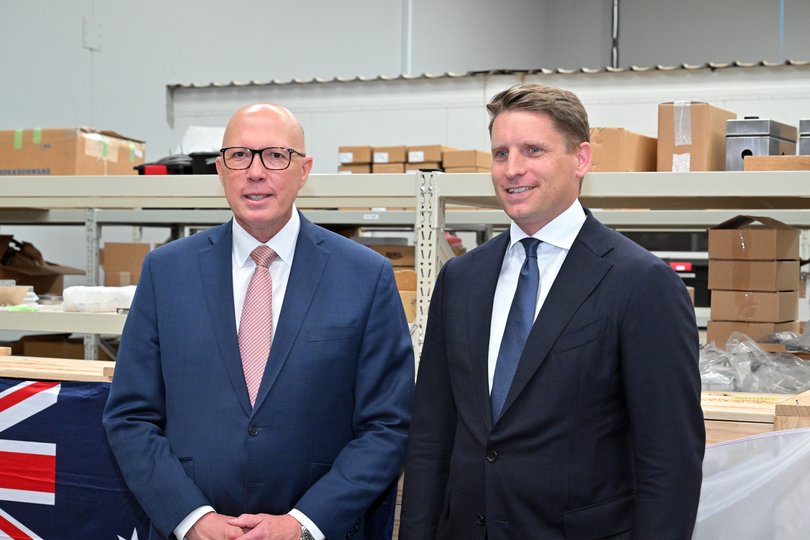
Mr Hastie’s comments were made three days after Mr Dutton unilaterally stated that the Liberals would not support Australian boots on the ground in Ukraine.
Mr Dutton provided varying reasons for his opposition, including that Australia should not operate in Ukraine without the Trump Administration’s backing and that he did not want to put Australian troops on the border of a country with a “lunatic” in Russian President Vladimir Putin on the other side.
By contrast, Prime Minister Anthony Albanese, whom the opposition criticised for weakening Australia’s quality and level of support for Ukraine, eagerly embraced the idea when it was first proposed by French President Emmanuel Macron and UK Prime Minister Keir Starmer.
Mr Hastie said he also backed keeping open a role for Australian specialist troops in Ukraine, but Mr Dutton decided to say no on his own.
“We got it wrong, we got it wrong,” Mr Hastie said.
“I thought it was prudent to leave the door open.
“It would be imprudent to shut it or commit without a formal request, which was my criticism of the Prime Minister.
“Having been sent by former governments overseas, having risked my life along with other Australians, I’m sensitive to committing Australians to dangerous situations.
“But that’s what you sign up for, that’s why you’re in the Army or the Navy or the Air Force.
“And the Prime Minister and the National Security Committee of Cabinet need options on the table.
“And so we should never remove options in an election campaign.”
Mr Hastie, who served two tours of Afghanistan, said Australia could be gathering intelligence and learning about the latest trends in warfare from the Ukrainians as part of any mission.
He said another benefit would be bolstering Australia’s international image as a heavy lifter, saying when former National Prime Minister John Key deployed the New Zealand SAS, they were constantly pictured in international media on the frontline.
Mr Hastie said he still had no idea why Mr Dutton left it until the dying weeks of the election campaign to release their defence policy, which included a pledge to spend 3 per cent of GDP on the military, instead of the 2.3 per cent Labor is proposing by next decade.
“This is a tough question to answer because, of course, I was the shadow, so I take responsibility for my part in it,” he said.
“But this was also a very centrally run campaign as well.
“And I still don’t know why we waited till the final 10 days to announce our defence policy … it wasn’t my decision.”
Mr Hastie became a target of Labor attacks during the campaign over historical comments he made regarding the role of women in combat roles.
He conducted few media appearances and was accused of hiding from scrutiny.
But he did not recant from his views when challenged by The Nightly on the campaign trail when he said he supported women in front line roles and had not once advocated changing current policy when the opposition’s spokesman.
But he said the reason for his low-key role was that he was waiting for Mr Dutton to announce the opposition’s defence policy.
“We should have locked into a GDP bigger spend on budget reply night, and that way we could have spent the period of the campaign, which was announced the next morning by the Prime Minister, talking about defence, which was a key equity,” he said.
“But I couldn’t go out into the media with any credibility and talk about defence without a GDP spend, nor a policy itself.
“So that was the challenge.”

